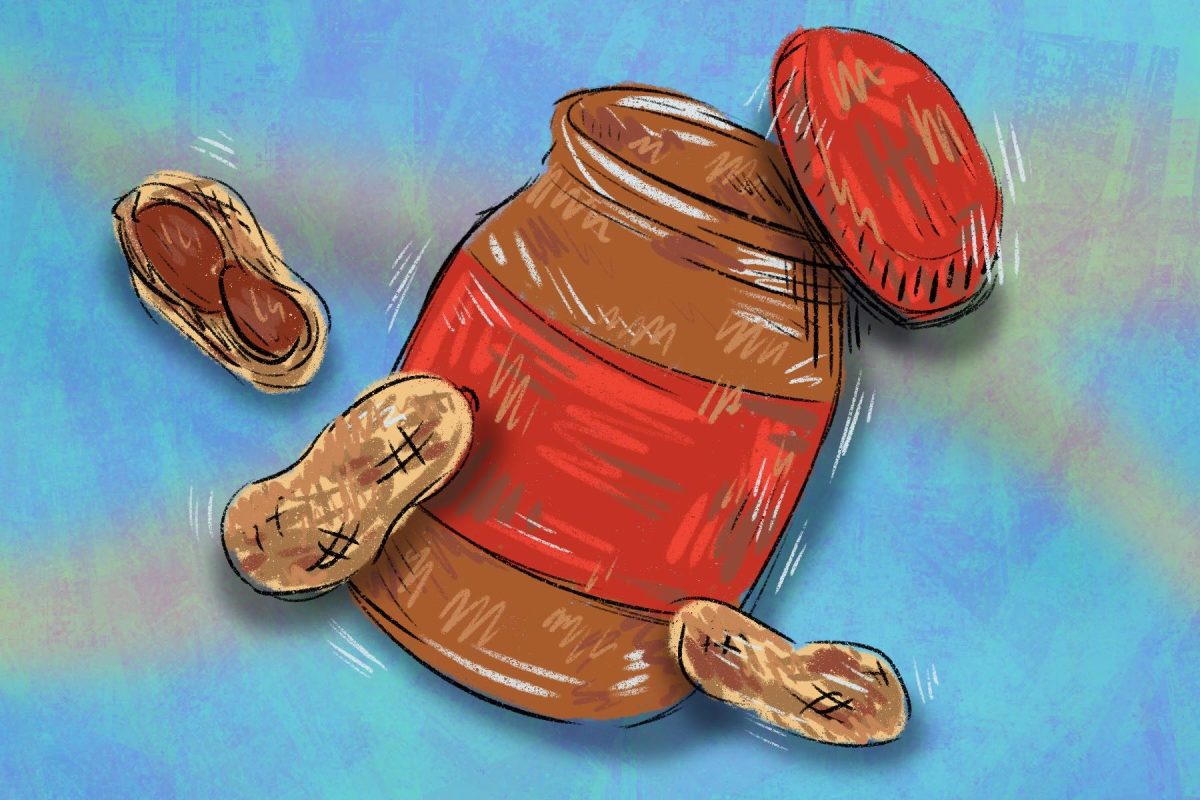The Alabama tradition has never been televised, and is not sponsored by O’Charley’s, Taco Bell or Tiffin Motorhomes. The Alabama tradition can’t be found in Bryant-Denny Stadium or Coleman Coliseum, and it cannot be seen from the top of Rose Towers.
Our tradition can’t be purchased at Gallettes, can’t be found in the awful food we continue to eat at Buffalo Phil’s and it doesn’t go better with a Coca-Cola.
The real tradition of the University of Alabama is found in people – people that have been cultivated by members of the community and have an understanding of the Capstone’s problems and a drive to fix them.
The Alabama tradition can be found in an SGA candidate that changed everything. In 2009, Kendra Key ran for SGA President and brought a record number of student voters. Key was a candidate that people believed was worth the effort they put in, and she was able to building a volunteer base that put the fear of God in her opponents.
Key fought long, hard and smart against a chorus of cynics and climate of corruption. Kendra Key was able to convince an unprecedented amount of people what she knew she was capable of changing. And while Steven Oliver’s picture hangs in the President’s Room on the third floor of the Ferguson Center, Key’s name is synonymous with “progress” and “change.”
Freshmen who have arrived years after Key has been gone from the Capstone still know who she is and what she means. Key may not realize it, but she is more than a person to the UA student body. She represents an idea. Kendra Key is the Alabama tradition.
But the climate of change that Key helped ignite would not have been possible without another Alabamian who also embodies the UA tradition.
Dr. John Blackburn served in the University of Alabama’s administration as the Dean of Men. Dr. Blackburn used his position to fight for justice where he saw none by playing an important role in the integration of the Capstone.
Dr. Blackburn believed in a change that cannot be mapped out on a calendar or scheduled in a weekend retreat. He understood that change is a daily struggle. Dr. Blackburn led a principled stand, staring down Governor George Wallace in the schoolhouse door because he knew it was the right thing to do.
Dr. Blackburn believed in the students at The University of Alabama and he had a conviction that made him believe in the greatness of the state of Alabama. Every time he spoke at an event he would ask, “What have you done for the state of Alabama today?” He embraced the daily struggle of doing what is right and moving Alabama ahead.
And when the University wanted to honor him, he did not want a building or a statue. He wanted an organization that was a collection of UA’s best and brightest agents of change. The Blackburn Institute is still a functioning organization at The University of Alabama.
The Alabama tradition is founded on breaking out of a state of apathy and fostering progression in the face of unthinking mediocrity. We, as students and members of this great community, cannot let these legacies die.
We must remember the daily struggle of doing what is right and choose to bear the burden of living a principled existence. So as we move forward, let us ask ourselves, “What have I done to help this University and the state of Alabama today?”
Michael Patrick is a junior majoring in political science. His column runs on Tuesdays.








